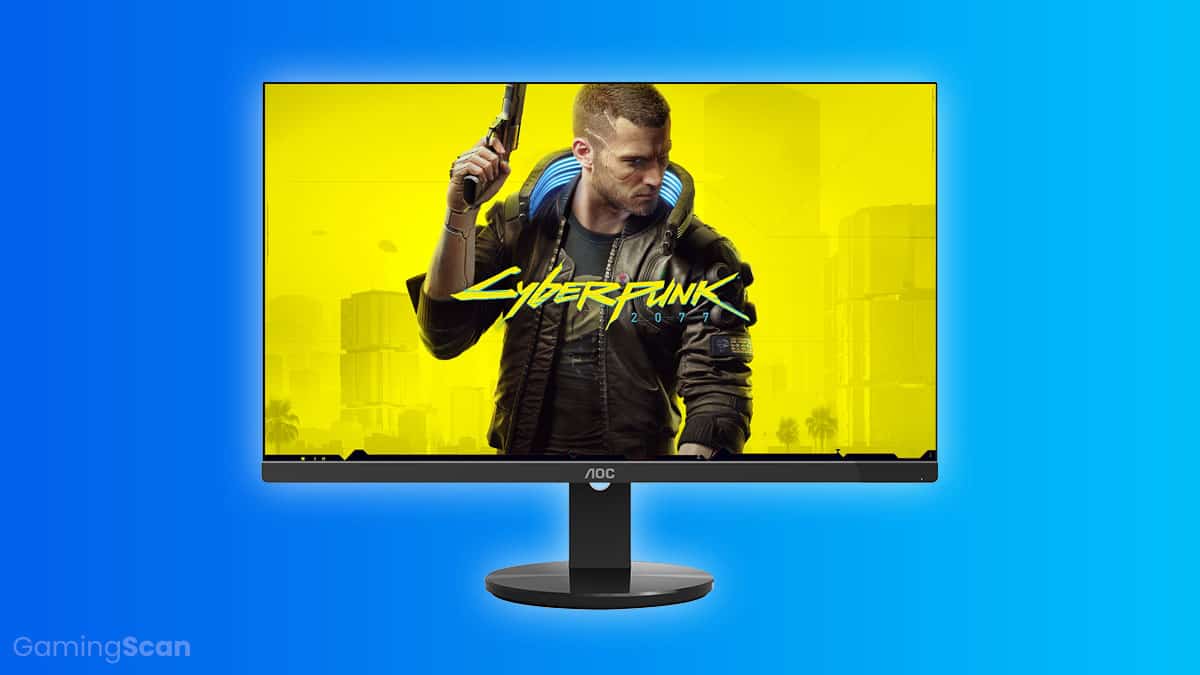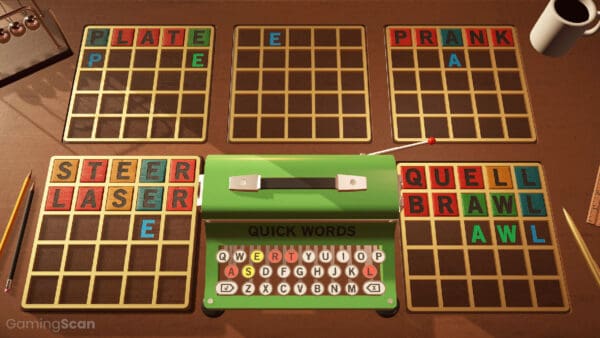Answer:
“AAA” (pronounced as “Triple-A”) is an informal classification which commonly indicates that a game is being published by a large, established publisher and that it likely has a relatively large development and marketing budget.
So, you’re probably hearing the terms “AAA game” and “AAA developer” thrown around a lot, but what does this actually mean in the video game world?
Well, it is quite simple. When referring to games, “AAA” represents that the game was published/is to be published by a major publisher (e.g. EA, Ubisoft, Sony, Microsoft, Blizzard, etc.), and it also usually indicates that it has a considerable development and marketing budget.

In today’s day and age, games are often divided into AAA and indie (short for “independent”) titles, the latter being the games that are published by the developers independent of any major publisher, hence the name. On top of that, they usually do not have large budgets and are developed by relatively small teams, although sometimes that isn’t always the case.
There are actually many titles which one might think of as “indie” at first glance, be it due to the size of the team, a seemingly small budget, the genre of the game, or just due to the lack of an aggressive marketing campaign. However, if a developer is backed and funded by a major publisher, then they are not independent, and the game is not an indie game. Just the same, there are independent developers out there who create high-budget indie games ( sometimes referred to as “Triple-I” games) without being bound to the rules of any corporate giant.
Now, in this day and age, there’s hardly any need to point out that an AAA game is not necessarily a good game – the label is not in any way indicative of quality. As a matter of fact, many gamers feel that modern AAA games are some of the worst ones out there.
And why is that?

Well, there are several key reasons that most gamers are already familiar with, be it thanks to their own experience or because of the seemingly endless sea of controversy surrounding many big-name releases.
To name a few:
- Big budgets require big profits. Obviously, companies aren’t going to invest a lot of money in a product that is unlikely to make a significant profit, so many AAA games are streamlined for accessibility, marketed to the widest possible audience, and they often include various monetization schemes such as “pay-to-win” microtransactions or lootboxes, which have become quite a major talking point as of late.
- There is less innovation and risk-taking involved. An established company doesn’t need to take big risks in an attempt to deliver a unique experience if they can make a guaranteed profit off of what they already have. As such, many AAA franchises stick to an existing mold and only introduce new innovations after the concepts have been tried out by smaller studios and received positively.
- They can get boring quickly. Due to the aforementioned lack of innovation, big names such as EA or Ubisoft have become notorious for (among other things) releasing what are essentially the same games year after year. And if you’ve played one of them, you might as well have played all of them. Needless to say, after you see the same tropes and mechanics reused countless times across countless titles, they get really repetitive and washed-out.
Now, that is not to say that all AAA games are bad. Just think of titles like Horizon Zero Dawn, God of War (2018), Red Dead Redemption 2… the list goes on and on, as many outstanding AAA games have been released over the years.
All in all, as we’ve already stated, the “Triple-A” classification simply indicates that the game is being published by a major publisher and that it probably has a large marketing and development budget, but quality is not guaranteed.
A Triple-A game can be absolutely amazing, a downright trainwreck, or anything else in between those two.




